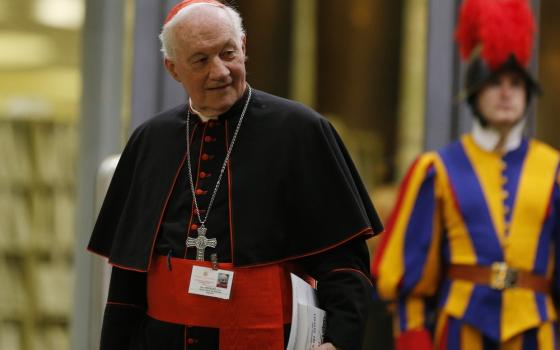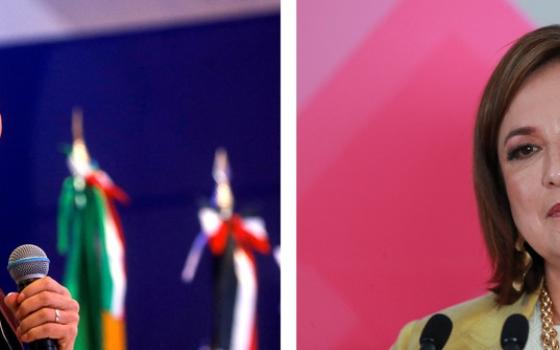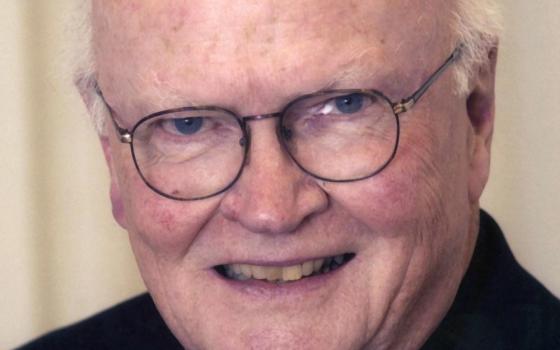On a first reading of Pope Benedict’s new encyclical, Caritas in Veritate, I’m struck by the consonance in many of the pope’s statements with the key values of the worldwide Green movement. The Greens have consistently espoused and based their policies on what they call the Ten Key Values (or a summary Four Pillars in the case of some of the world's Green parties). These include such concepts as “community-based economics,” “grassroots democracy,” “decentralization,” “future focus,” “ecological awareness,” "social justice," and more.
These Green ideas, some originating in the writings of economic thinker E. F. Schumacher, are a blueprint for shaping a world economy based on real human values. Similarly, Benedict’s encyclical urges Christian humanism as the basis for a world order.
The subject of development in the world, the encyclical states, is closely related to duties arising from our relationship to the natural environment. “The environment is God’s gift to everyone, and in our use of it we have a responsibility towards the poor, towards future generations and towards humanity as a whole.” This is ecological awareness of the first order.
Further along the encyclical states: “We must recognize our grave duty to hand the earth on to future generations in such a condition that they too can worthily inhabit it and continue to cultivate it.” Future focus.
In a number of places the encyclical calls for contemporary society to seriously review its lifestyles “which in many parts of the world is prone to hedonism and consumerism, regardless of their harmful consequences.”
The impetus to simpler and more sustainable ways of living is decidedly Green.
In the encyclical’s discussion of the direction development in the poorer nations should take, there is a clear emphasis on community-based economics. “The most valuable resources in countries receiving development aid are human resources: herein lies the real capital that needs to accumulate in order to guarantee a truly autonomous future for the poorest countries.”
The encyclical includes a discussion of world food security, a topic dear to the hearts of Greens, whose numbers include most of the world's "alternative" economic thinkers.
“What is missing … is a network of economic institutions capable of guaranteeing regular access to sufficient food and water for nutritional needs, and also capable of addressing the primary needs and necessities ensuing from genuine food crises, whether due to natural causes or political irresponsibility, nationally and internationally. The problem of food insecurity needs to be addressed within a long-term perspective, eliminating the structural causes that give rise to it and promoting the agricultural development of poorer countries.”
This emphasis on a long-term perspective in economic development for food security is consonant with the recent comprehensive plan developed by 29 food aid agencies, including Catholic Relief Services. That plan calls for vigorous agricultural development and the networking of economic institutions.
Interestingly, the encyclical links the solutions to world food insecurity to the economic recovery of the world’s financial institutions.
“It is therefore necessary to cultivate a public conscience that considers food and access to water as universal rights of all human beings, without distinction or discrimination. It is important, moreover, to emphasize that solidarity with poor countries in the process of development can point towards a solution of the current global crisis, as politicians and directors of international institutions have begun to sense in recent times.”
Green values are based on a “deep ecology” point of view, recognizing that we humans are, as the late Fr. Thomas Berry taught, derivative of the natural world, not specially created and apart from it. The encyclical’s values are rooted in a more human-centered Christian view. These are widely different philosophical or theological starting points.
But the Green vision and Pope Benedict’s get to many of the same places.
.



